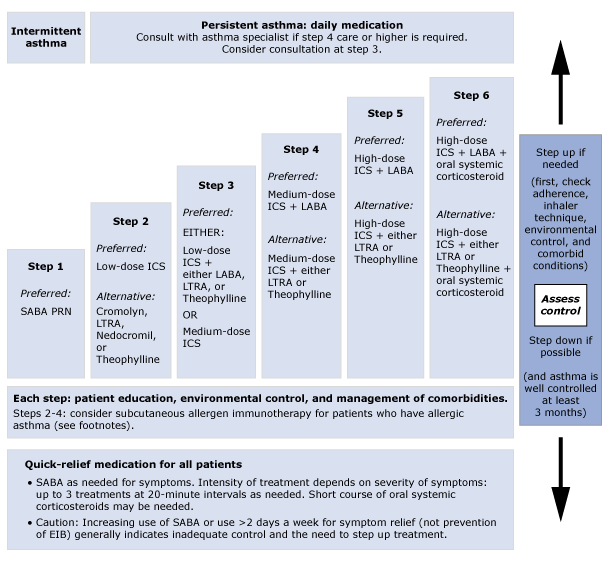Axiom Mission: Crew Returns to ISS for Critical Space Research

On [insert date], a team of 11 crew members aboard the Axiom mission successfully returned to the International Space Station (ISS) to continue groundbreaking space experiments aimed at enhancing astronauts' visual processing and perception in microgravity environments. This mission is particularly significant as it represents a collaborative effort to advance our understanding of human health in space, a critical area of research as space tourism and long-term space missions become more common.
The Axiom mission, supported by NASA and various international partners, focuses on investigating the effects of microgravity on human physiology. According to Dr. Ellen Whitson, Chief Scientist at NASA's Johnson Space Center, "Understanding how microgravity affects visual processing is crucial for the health and safety of astronauts on long-duration missions. Our research seeks to mitigate potential vision impairments that could arise from extended stays in space."
Microgravity poses unique challenges for the human body. Previous studies have indicated that astronauts can experience a range of physiological changes, including alterations in vision. A significant body of research has focused on the phenomenon known as Spaceflight Associated Neuro-ocular Syndrome (SANS), which has been observed in astronauts after long missions. According to a 2022 report by the National Academies of Sciences, Engineering, and Medicine, SANS can lead to issues such as blurred vision and changes in the shape of the eyeball, which can have serious implications for astronauts' performance and safety during missions.
In addition to visual research, the Axiom mission also includes the study of cancer cells under a fluorescence microscope. This aspect of the research is particularly promising, as microgravity conditions can lead to unique cellular responses that may not occur on Earth. Dr. Michael Thompson, a cell biologist at the University of California, Berkeley, emphasized the importance of this research, stating, "Studying cancer cells in microgravity can provide insights into the mechanisms of tumor progression and resistance to treatment, potentially leading to innovative therapies."
The implications of these studies extend beyond space travel. As Dr. Jennifer Lee, an expert in aerospace medicine at the University of Texas Medical Branch, noted, "The findings from these experiments could have significant applications in understanding human health on Earth, particularly in the context of aging and disease."
The Axiom mission exemplifies the growing trend of commercial partnerships in space exploration. Axiom Space, a private aerospace company, has been instrumental in facilitating this mission. According to Axiom's CEO, Dr. Kam Ghaffarian, "Our collaboration with NASA and other research institutions is paving the way for a new era of space research that will benefit humanity both on and off the planet."
As the mission progresses, the scientific community eagerly anticipates the results of these experiments. The data obtained could inform future mission planning, particularly as space agencies prepare for potential missions to Mars and beyond.
In conclusion, the Axiom mission not only contributes to our understanding of human health in space but also represents a pivotal moment in the evolution of space research, blending commercial interests with scientific inquiry. The outcomes of this mission could shape the future of long-duration space travel and human health, marking a significant step forward in our quest to explore the cosmos.
Advertisement
Tags
Advertisement





